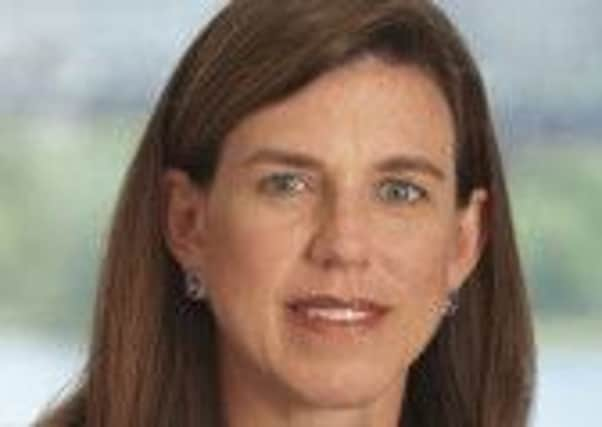Bank of England keeps pressure on markets


Carney told MPs on the Treasury select committee that three-quarters of the movement in inflation was due to the lower prices of food and energy and should be viewed as a “one-off development”.
He said: “We recognise that this is a temporary situation and will look to bring inflation back to target within two years.”
Advertisement
Hide AdAdvertisement
Hide AdHis comments came as fellow Bank of England policymaker Martin Weale told the same committee that the bank may start raising interest rates earlier than “financial markets currently anticipate”.
Weale has been one of two members to vote for a 0.25 per cent rate hike in recent meetings, although he fell into line with colleagues in January and February as the scale of the fall in inflation became apparent. The CPI measure currently stands at just 0.3 per cent.
Interest rates have been at a record low of 0.5 per cent since March 2009 and are seen by many City economists as remaining unchanged until early next year. However, the Bank has also said it is ready to loosen policy by cutting rates further or expanding its £375 billion quantitative easing programme if low inflation persists longer than expected.
Meanwhile another Bank of England rate-setter, Kristin Forbes, warned of the risks posed by a strong a return of inflation.
She said in a speech that inflation pressures could pick up quickly and other factors could also mean an interest rate hike is needed “in the near future”, although the monetary policy committee member said the bank was right to keep rates on hold for now
“All of these trends merit close attention,” she said. “Any could factor into a case to tighten monetary policy in the near future. But they do not currently appear to be generating a sufficient cost to merit a change in interest rates today.”
SUBSCRIBE TO THE SCOTSMAN’S BUSINESS BRIEFING